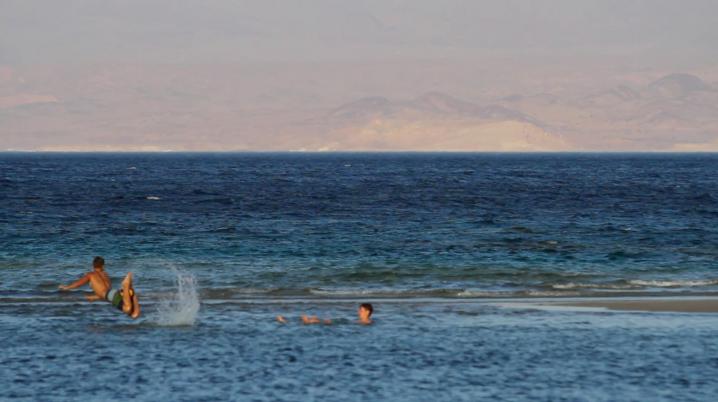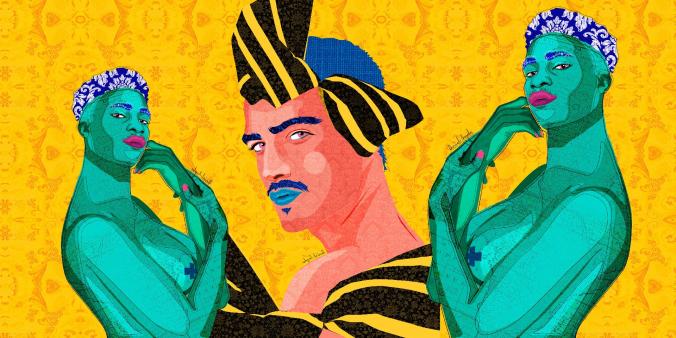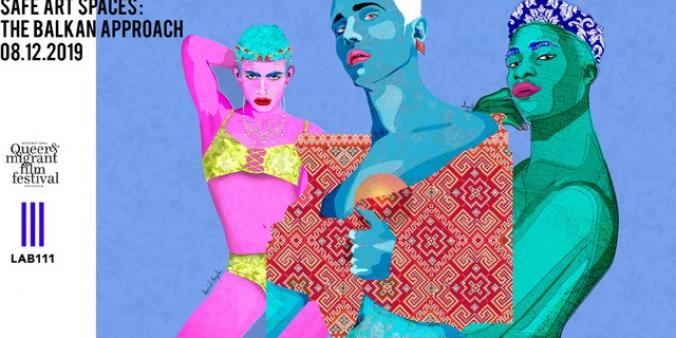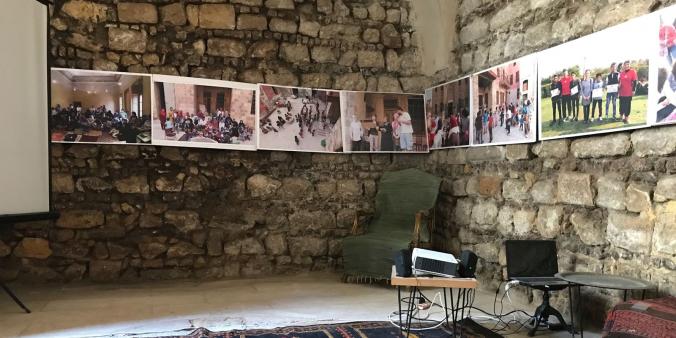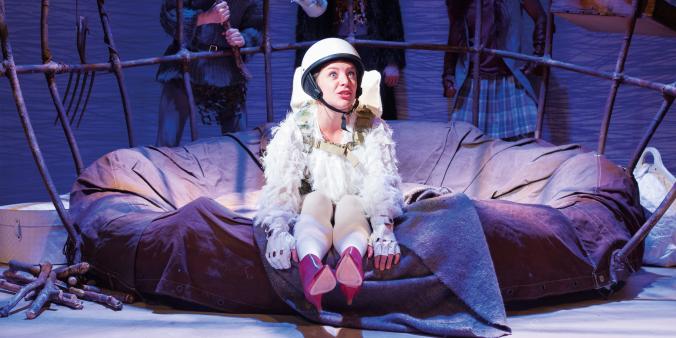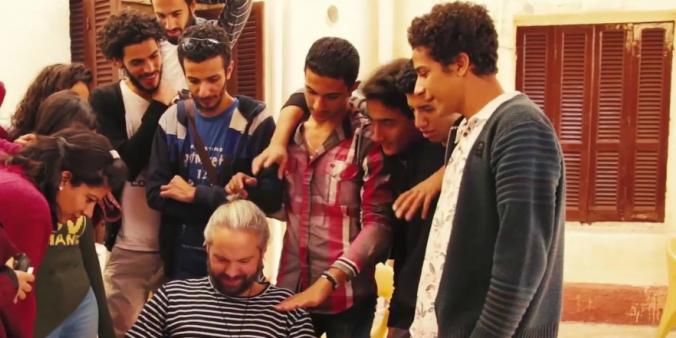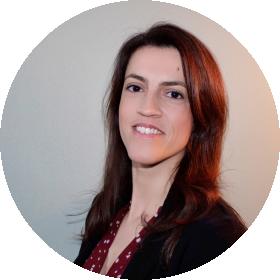
Filmmaker Mohammad Shawky Hassan came to Amsterdam as a panelist at the IQMF festival. We sat down to talk about the sources of inspiration for his films as well as his experiences and views on making queer films in and out of Egypt .The text below is an extract of our conversation.
What is your background and what moves you to make films?
"I studied film-making, cinema studies and philosophy. My film-making practice is rooted in my interest in Egyptian and Arab pop culture, and more specifically in sound, language and aural culture. This is why most of my work is sound-based, because I have a strong connection to, and at the same time an ambivalent relation with these sounds. In the past, I used folktales and political talk-shows as sonic components and basis for my films. This is also why in my new projects, I am working with pop music, storytelling and even gossip as a sonic form of knowledge production and circulations."
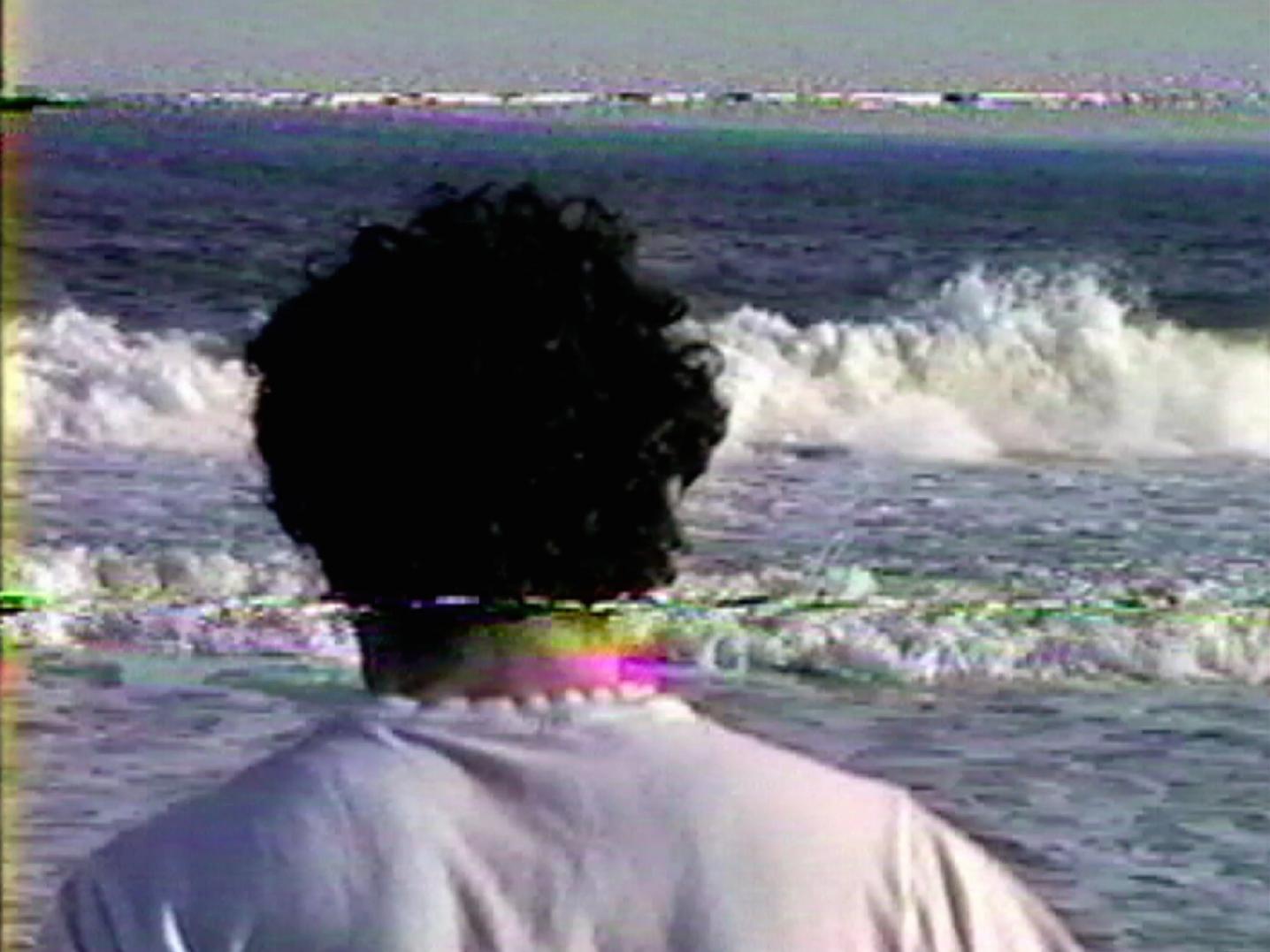
In your films, what kind of stories do you tell and why do you think it is important to tell these?
"My work comes mostly from personal stories as a starting point, not because I think my personal life is so important or anything, but because it is what I have an immediate access to, I feel it might resonate with others who have similar experiences and references. Since it is a personal story, I do not necessarily feel the need to adhere to standards of reality. It gives me the ability to move freely between reality and imagination. At the end of the day, these are my personal stories and it is up to me how I will present them. Nobody can sue me or anything."
You have been active in the independent film industry for many years, and were involved in the production of films both in Egypt and abroad. You were also involved in the creation of the Network of Arab Alternative Screens (NAAS). Tell us more.
"My experience is mostly in making my own films, and working occasionally as an editor or assistant director in a few other productions. As for NAAS, it started as a network among different alternative film screening spaces in Arabic speaking countries such as arthouse cinemas, cineclubs, and others. I was involved in the creation of the network along with many other colleagues and programmers until 2016. At the moment there is a new director, who can better speak about the current direction and projects of the network."
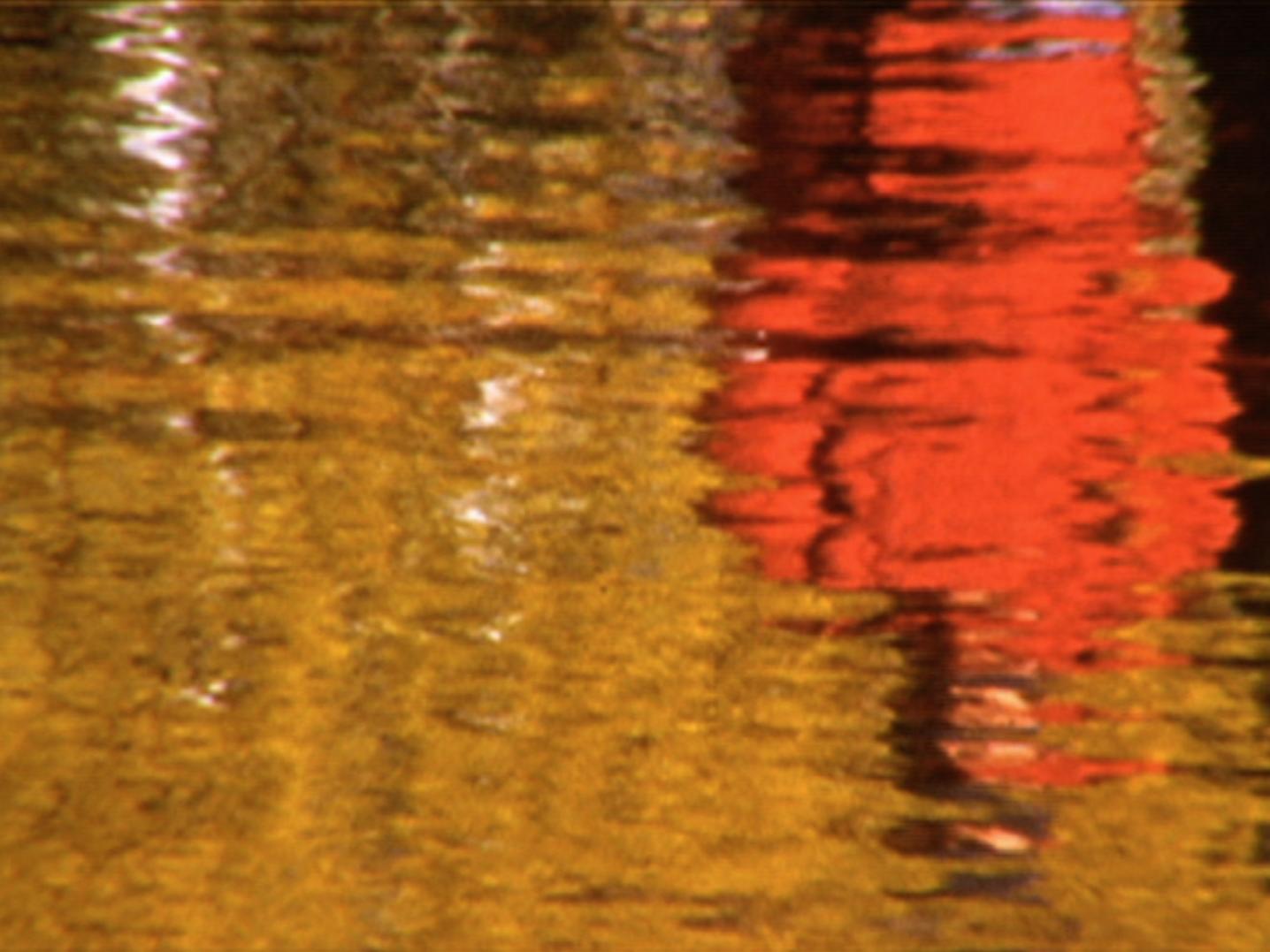
How is the queer film movement in Egypt? Did you encounter any obstacles when making films, and if yes, which ones?
"When you say queer film movement in Egypt, it is important to ask first what it is that makes a film queer. I think it is important to think of the wide spectrum of possibilities, stories, and aesthetic and narrative tactics that make a film queer. And this is important to take into consideration whether when we look at films that are currently in production or recently released. Or even historically, when we think of references, or works that have spoken to queer Arab audiences in the past, without necessarily being ‘queer’ in the way this term is used in Germany or in the Netherlands.
Hence, instead of thinking of 'obstacles' it is important to note that such works are stemming from a different reality and different interests. Therefore they are not only avoiding certain things because they cannot be said (even though this could be true in some cases), but also because they are originating from a different context, and they are trying to remain true to that context and negotiate within it as opposed to films made elsewhere. So if there is a movement, I think it is important to think of it with its own standards, with its own language, and this language needs to come from the works themselves, and not from other movements elsewhere."
In a previous conversation, you said that you find the overlap between Queer and Migrant quite interesting. Can you explain why?
"The conflation of these two categories is quite interesting in the way it acknowledges a wider range of queerness, because it integrates and takes into consideration populations that are not always included when “queer” is mentioned, or who do not even necessarily identify as queer. So I think it is a very good thing to articulate this in the title of the festival. A lot of the concerns that “queer” people deal with could be relevant for migrant communities, and vice versa. It also raises a lot of questions that are interesting for me, such as: what does it mean to be queer and Arab? Being a queer Arab or queer migrant from Egypt, Turkey or elsewhere in the Netherlands or Germany, means that you are looking at queerness, queer theory or queer art critically, because you start thinking how do you see yourself in the cultural production that is defined as queer, and if you fit in at all."

Can you give an example?
"Many queer Arabs are concerned about homonationalism or 'Pink Washing', or more specifically the way the Israeli state promotes itself as a gay haven. While at the same time, many queer Palestinians and many movements within Arab queer communities are very aware that the occupation itself is a fundamental part of their struggle. It is impossible to separate occupation from the need for personal freedom and deal with them as if they are completely separate issues. Hence the recognition of the contexts within queer works and movements emerge and how different the concerns are from one context to the other is crucial. And I am hoping that by putting ‘migrant’ and ‘queer’ together, that already implies an interest in those different contexts and the overlaps between them."
What are you currently working on?
"I am currently working on my first feature-length project titled Shall I Compare You to a Summer’s Day?, which is an autobiographical musical essay exploring the ways in which a queer lover’s discourse could emerge from traditional modes of storytelling and various registers of language deeply rooted in Arab popular culture, such as folktales and pop music."
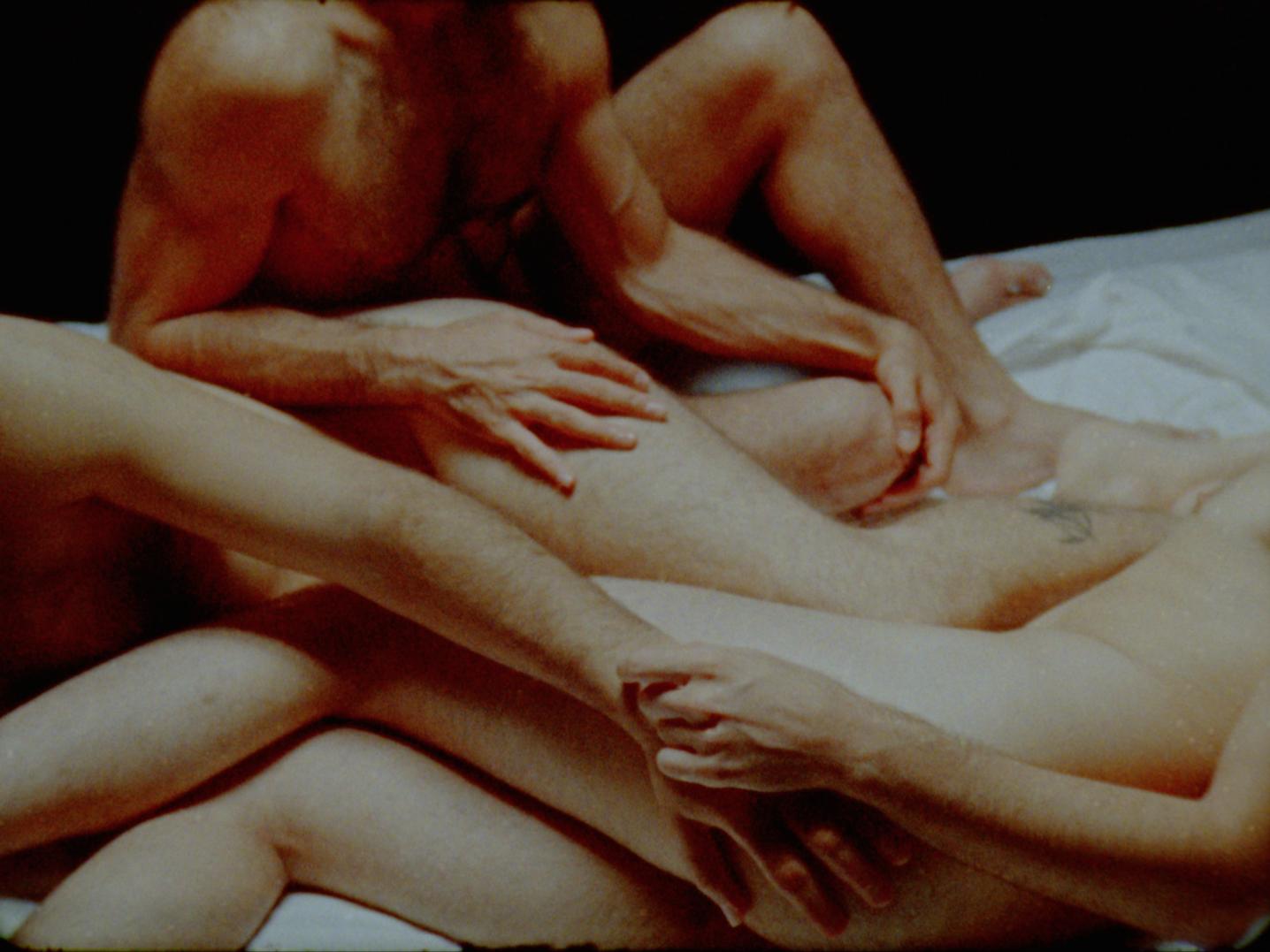
Be they Dutch or foreign, what tips do you have for young filmmakers working on similar topics, especially when they want to work in countries where freedom of speech is not a given?
"I do not have any words of wisdom. I consider myself as a young filmmaker, I am not that old, haha. I am currently working on my first long feature film and I am myself struggling to make my films. I would be very happy to listen to tips from filmmakers. But to answer the second part of the question: by mentioning the question of ‘freedom of speech’, it is important to think what is meant by freedom in that context. Meaning that the whole thing is relative. Of course there are different standards and that is not to underestimate the oppression or the different political realities within which artists operate. It is just to say that it is important to rethink this language and to overcome this strict duality of ‘free’ and ‘oppressed’, because what it really does is ignore the power of the subtle resistance strategies, subversive gestures and coping mechanisms that many queer Arabs practice on a daily basis, which slowly but steadily challenge and destabilise the complex patriarchal systems within which they operate.
There are a lot of people doing very strong works both politically and aesthetically, and are making the choice to remain in Egypt, Lebanon or Turkey, or elsewhere. Not necessarily because they cannot leave, but because that is their choice, just like it is the choice of others to leave. Both are valid choices. I would like to quote a friend of mine, also a visual artist, who was recently saying that censorship - as hard as it is - has given him the space to explore aesthetic languages that are more sophisticated. Again, that is not to condone censorship, but rather to acknowledge the work of artists who live in Egypt or elsewhere, who are working under specific conditions and who know much better than others about the spaces that they can move within, and are actually sometimes doing very subversive work that is not necessarily labeled as queer when judged by the predetermined standards."
Want to know more about Dutch cultural activities in Egypt? Check out the complete overview of Dutch cultural activities in Egypt in our database. If you are a cultural professional who wants to go to Egypt, feel free to contact our advisor Yasemin Bagci.
